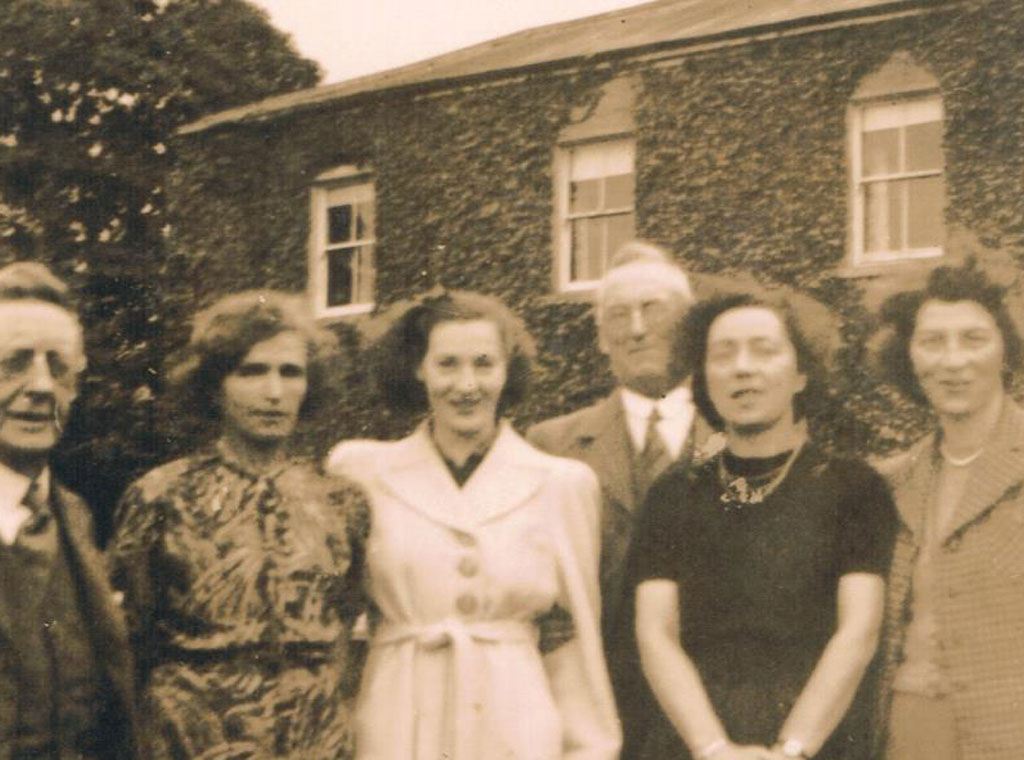Tolkien in His Sleep

J.R.R. Tolkien at Gregans Castle in 1951. Photograph via Wikimedia Commons (cc).
From New Statesman:
It is difficult not to feel that JRR Tolkien’s name destined him for philological studies and perhaps in the end for the creation of imaginary worlds. There is a good deal about his name in a new film that takes as its title his unusual surname. At King Edward’s School in Birmingham, the teenage Tolkien fearlessly corrects a terrifying schoolmaster who has addressed “the new man” in class as “Tolkine” (to rhyme with “nine”). “It’s pronounced Tol-keen, Sir, not Tol-kine.” Anyone who knows Germanic vowels would get it right. The young Tolkien then revenges himself on this twitchy disciplinarian, who purports to revere Chaucer, by reciting screeds of his favourite author from memory in perfectly enunciated Middle English. Later, as an Oxford undergraduate, the film shows him meeting Joseph Wright, professor of comparative philology (played with benignant gruffness by Derek Jacobi), who is disarmed not just by the young man’s expertise in old languages but also by his magical name. The philological prof is set off into excited parsing of its likely roots.
Language, especially old language, was the thing for Tolkien. In the late 1920s, as an Oxford professor, he was an unhesitating combatant in the conflict in the English faculty between those who were in favour of the increasing study of “modern” (ie, post- Chaucer) English literature and those who believed there should be even less of this in order to make room for the proper study of Old and Middle English, and potentially Old Icelandic.
Tolkien, a sceptic about the value of Shakespeare, was in the latter camp. Strangely, it was partly out of this philological obsession that he made one of the bestselling works of fiction ever written. Fans of The Lord of the Rings will know that much of its magic is linguistic. Tolkien filled it with resonant fragments of invented older tongues: rhymes and curses and riddles and strangely evocative names. Its characters speak to us in an English larded with older-sounding words from other, invented languages. Generations of fantasy novelists have tried to follow his language trickery, though most devotees of the genre will know or guess that Tolkien’s verbal inventions have a rigour that George RR Martin can never match.
It is surprising that a man who professed to dislike novels should have written best-selling fiction.









